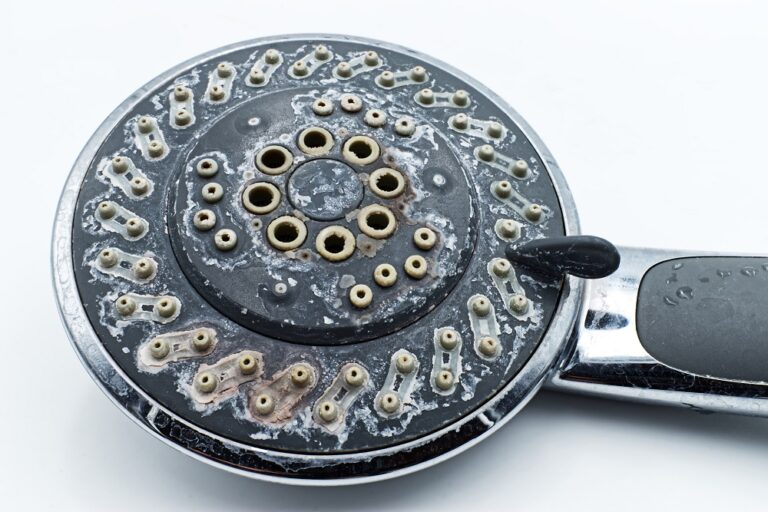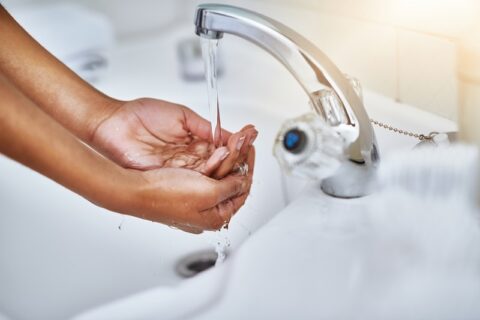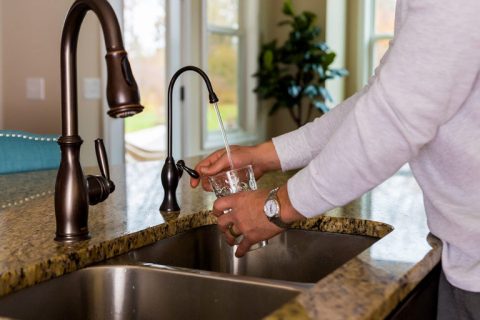How Long Does a Water Softener Last?

If you live in Arizona, you may know that this region has some of the hardest water in the country. In fact, that’s why you installed a water softener several years ago—to combat the hard water in Phoenix that can reach over 16.0 grains per gallon (gpg). Remember, anything over 10.5 gpg is considered “very hard.”
After years of enjoying softened water in your Arizona home, you may wonder how much life the appliance has left. Take a moment to learn how long a water softener lasts and how to tell when its time is almost up.
What Affects a Water Softener’s Lifespan?
The average lifespan of a single-tank, electric water softener is 7 to 12 years. Kinetico twin-tank, non-electric units last longer. However, several factors may cause your system to give out sooner than this or outlive its life expectancy. Here’s what affects a water softener’s lifespan:
- Water hardness: Arizona—along with other Southwestern states—has some of the hardest water in the country. More dissolved calcium and magnesium in the water forces your water softener to work harder, potentially shortening its lifespan.
- Chlorine levels: Municipalities put chlorine in the water for disinfection and to reduce contaminants. Chlorine can degrade the resin in your water softener if you don’t have a dechlorinator component first.
- Water usage: The average American uses 60 to 100 gallons of water per day, which means a family of four consumes 240 to 400 gallons. If your household’s water usage is higher than average, your water softener will need to run more frequently to keep up with demand. Unfortunately, this could wear it out faster.
- Installation quality: When properly selected, sized, and installed, most water softeners last about a decade—but the opposite is true if the installation is done poorly. That’s why you should leave the job to an experienced professional.
- Maintenance: As with any appliance, water softeners are bound to wear out sooner if they are neglected. To help your system lasts as long as possible, check the regenerant level every four to six weeks. You should also inspect your water softener quarterly for signs of leaks and other problems. If you have a dechlorination component, change out that media as directed.
Signs it’s Time to Replace Your Water Softener
Unlike other appliances, water softeners tend to give out gradually rather than failing suddenly. Watch for these hints that your water softener is no longer doing its job:
- The tap water starts tasting funny: Water can develop an odd taste for several reasons, but sometimes, the cause relates directly to a failing water softener.
- You see spots and scaling on your dishes and plumbing fixtures: After noticing off-tasting water, inspect your dishware closely the next time you empty the dishwasher. Hard water spots are a clue that your water softener is failing. Keep an eye out for scale buildup on your faucets, glass shower doors, and coffee pot as well.
- Your laundry feels stiff, even with fabric softener: Hard water makes clothing feel stiff and scratchy. If you find yourself adding fabric softener when you never had to before, this could mean your water softener has stopped working properly.
- Soap stops lathering the way it should: Have you needed to use more soap and shampoo lately just to get a lather going? This is a sign that dissolved calcium and magnesium are getting past your water softener.
- Your skin and hair feel strange after showering: Despite using more personal care products than usual, you may struggle with itchy, dry, irritated skin after stepping out of the shower. Your hair may also feel limp and lifeless and be more difficult to style if you wash it in hard water.
- You notice a change in water pressure: The water pressure in your home should stay consistent. If you detect unusual changes, there could be an obstruction in your water softener tanks or plumbing lines. Even if the unit doesn’t need to be replaced yet, you should have it serviced to identify and repair the problem.
Are you still unsure whether you need to replace your water softener? If so, reach out to Kinetico Water! Our team can inspect the appliance and perform a free water analysis to determine the hardness of your water. Depending on our findings, we may recommend maintaining, repairing, or replacing your water softener.
When the time comes to install a new unit, Kinetico Water has you covered. We carry some of the best residential water softeners on the market, including hybrid units, non-electric softeners, and single-tank solutions. We’ll help you understand the differences between each model, size a system based on your household water usage, and perform an expert installation. Contact us today at (480) 405-9623 for more information about installing the best kind of water softener in your home in Gilbert, Mesa, Phoenix, or Scottsdale, AZ.


